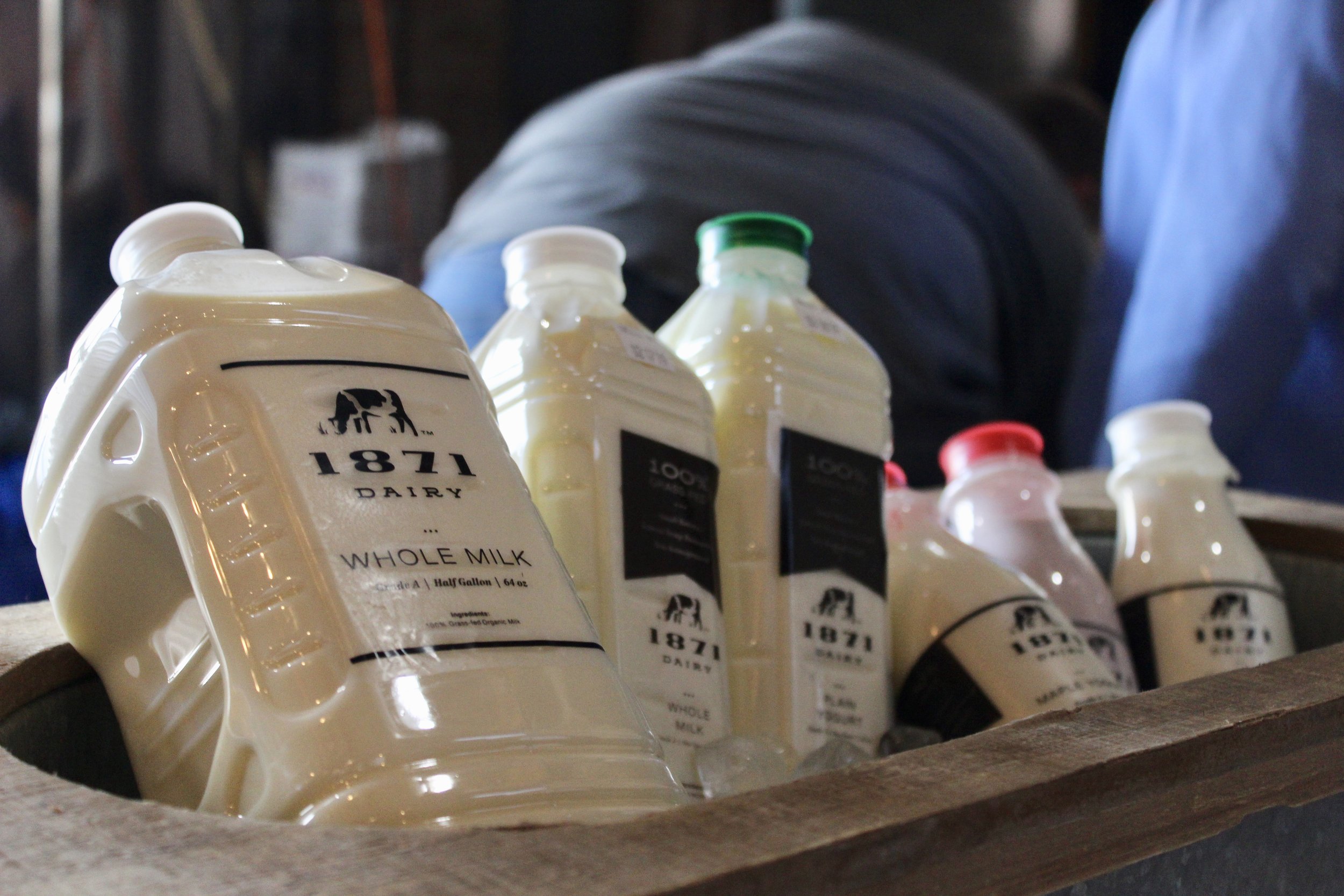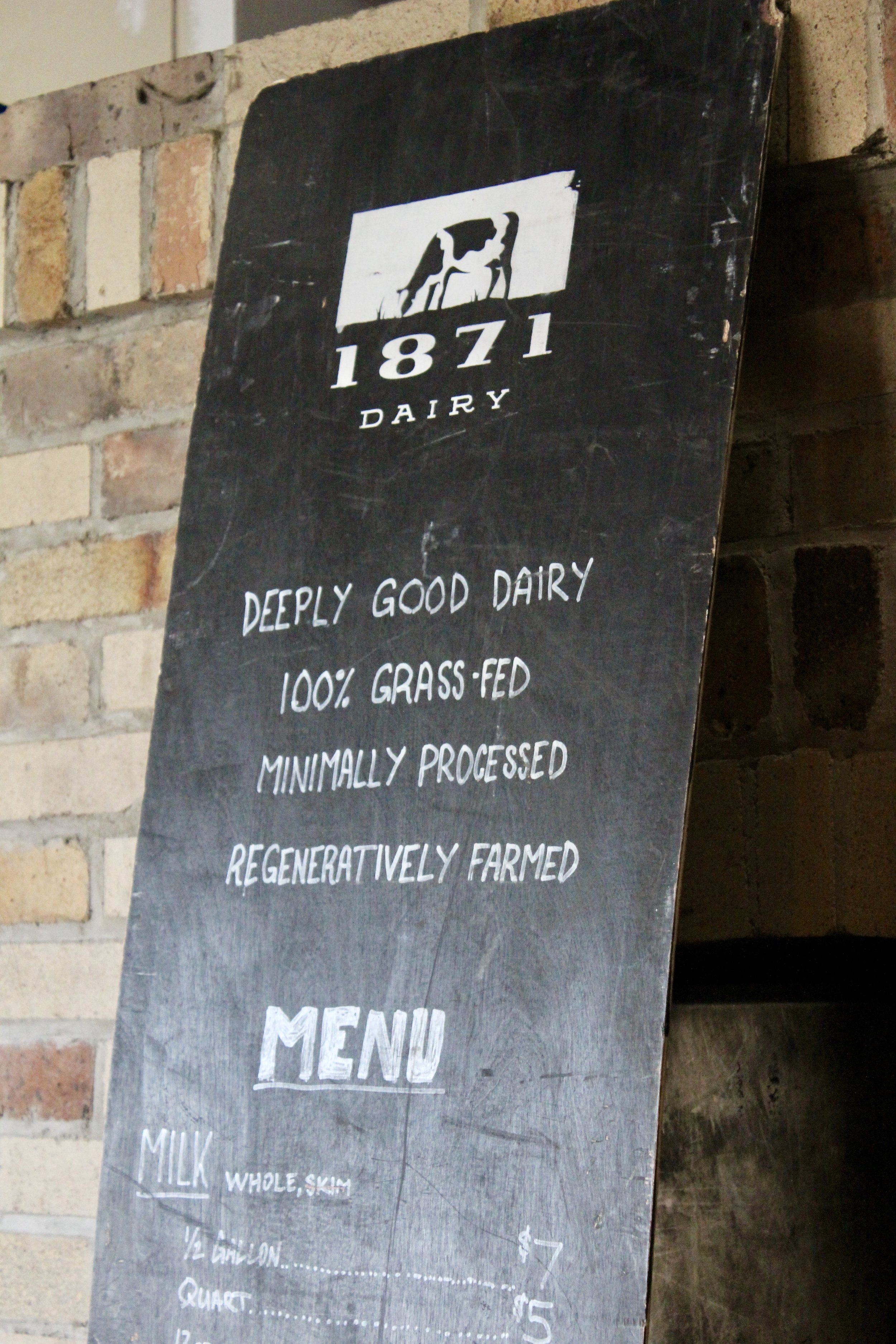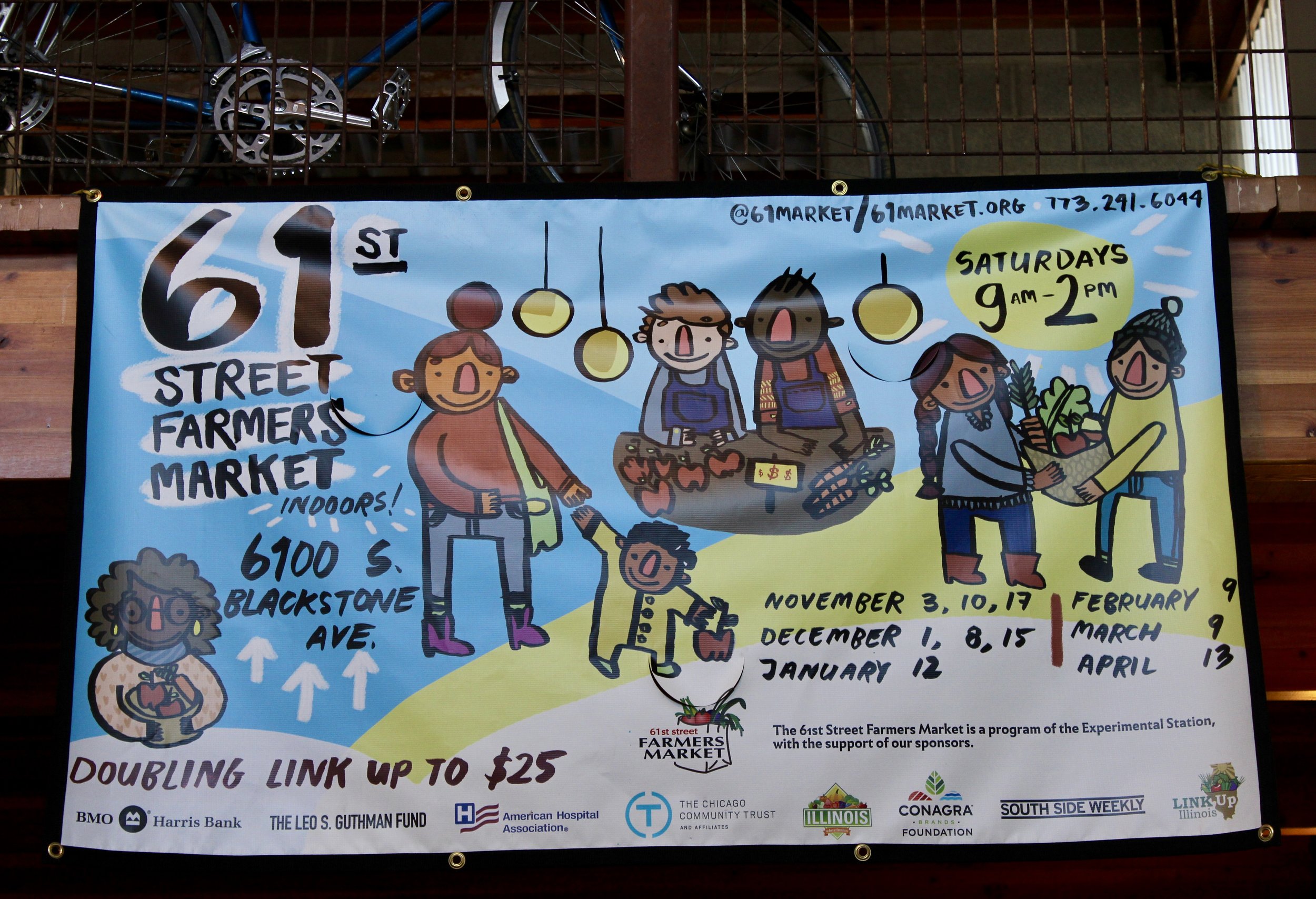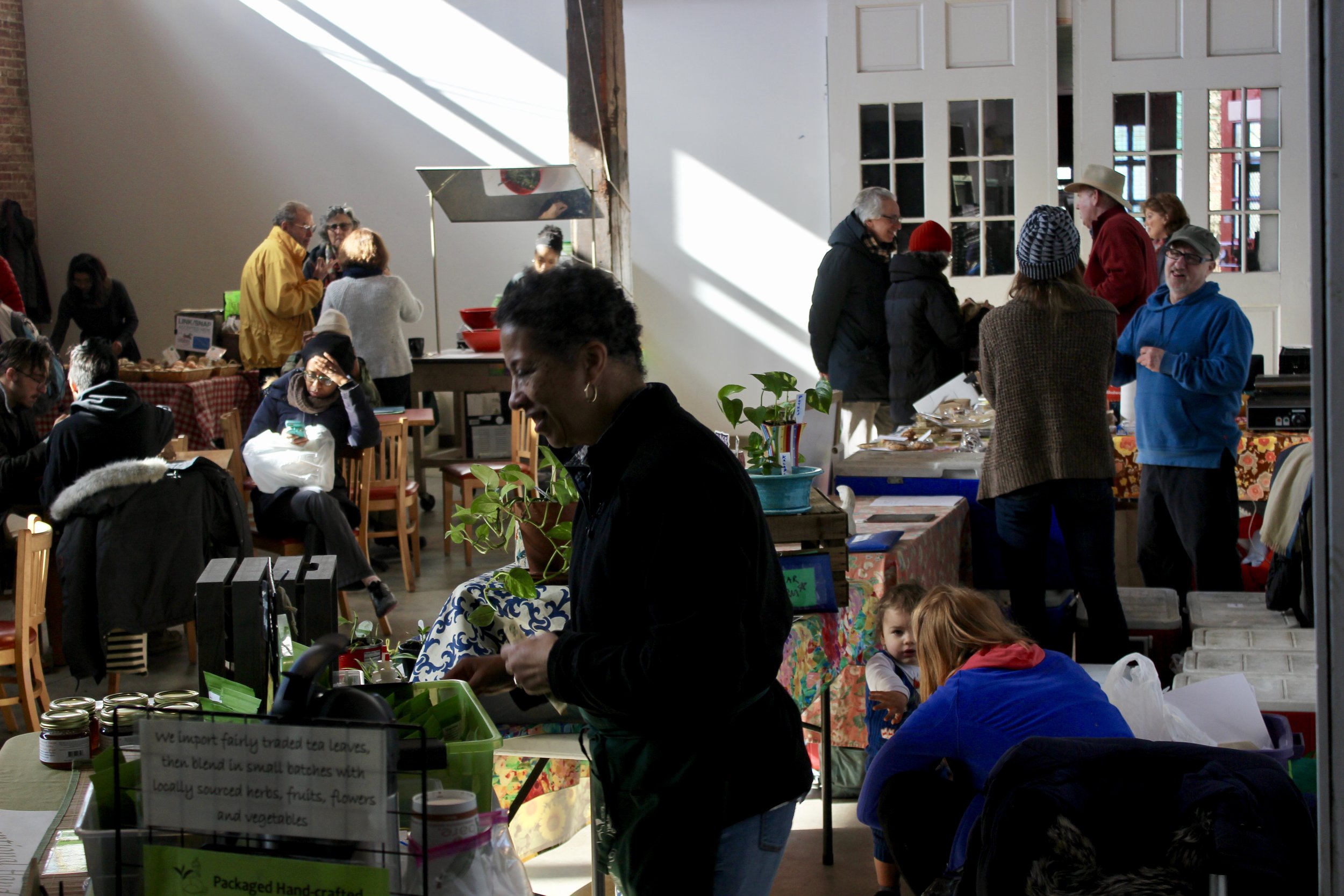Think Green: The Benefits of Eating Local
Author: Aaryav Nagpal
Photographer: Lia Kim
We’ve all been told that it’s important to “eat local” and “support the local food economy,” but most of us don’t have a strong conceptualization of what exactly “eating local” means and what the tangible benefits are. Typically when we walk into a grocery store, we don’t think twice about where the produce comes from, when it was harvested, or by whom it was produced .
All of these factors, however, play a significant role in determining the sustainability, quality, and taste of the food that we make. Simple changes in our day-to-day consumption of produce and food products have the ability to not only reduce our individual carbon footprints, but also make our culinary experiments more flavourful and unique.
So, what exactly are the benefits of eating local? Here are a few of the big ones:
Fresher, more flavourful food: One of the most compelling reasons for eating local would be the quality and freshness of the food. Local farms typically harvest fruits and vegetables the same day they are put out for sale, and the time spent in cold-storage is kept to a minimum. Local milk and animal products feature a higher butter fat content and unaltered proteins that make them healthier and richer. What all of this means is higher quality ingredients that make even the best recipes better.
Nutritional and culinary diversification: Eating locally also implies eating seasonally. Instead of having the same food options year-round, you have to adapt your eating and cooking habits to the growing season. This means the inclusion of fruits and vegetables that you usually don’t consider and trying out new recipes that expand your palate.
Lower food mileage: The cargo trucks, trains, and planes needed to ship food across the country (and in some cases across continents) release greenhouse gasses that contribute to climate change. Since local foods don’t need to be moved thousands of miles, they require a fraction of the energy and significantly cut down on the harmful emissions associated with food transport.
Supporting the local economy: Food dollars spent at farmers markets and local farms inject money directly into the community and create local jobs. These jobs often times go to economically disadvantaged community members instead of getting passed to some corporation in another city, state, or country.
Creates community: Going to a farmers market is more than just another errand, but rather a social experience. You can chat with and put a face to the person who planted, cultivated, and harvested your food. Going from vendor to vendor, you can sense the passion that each local farmer has for their products and can eventually develop individual connections with your various food sources.
Last month, we checked out the 61st Street Farmers Market which runs an indoor market during the winter at The Experimental Station on 61st and Blackstone. Even on the Saturday after the polar vortex, the market was packed with eager vendors and customers. Despite the frigid temperatures and small harvest sizes, there was everything from fresh produce to pre-prepared soups and pies.
The best part was the conversations we were able to have with various vendors to learn about their farming practices and initiatives. Listening to the firsthand accounts about the work and thought they put into production makes you look at the finished product in a new light and with greater appreciation.
You can check out the 61st Street Farmers Market yourself on March 9th, April 13th, and weekly starting in May. Once it gets warmer, also be on the lookout for other farmers markets in surrounding neighborhoods.
Here are a few to get you started:
The Hyde Park Farmers Market (June to October)
Bronzeville Community Market (July to September)
South Loop Farmers Market (July to October)
Green City Market Lincoln Park (May to October)
Logan Square Farmers Market (November to March, May to October)







